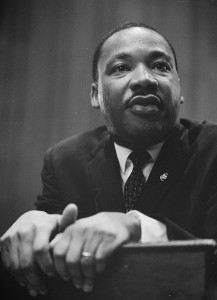
As a teacher of English, some of the best parts of teaching are asking students where they are from. This is one of the reasons why ESL teachers love being ESL teachers. We love to meet people from all around the globe, and we love when they share their stories with us. Often the stories include bravery. We all learn from each other: https://onbeing.org/blog/omid-safi-the-problem-with-asking-where-are-you-from/
Yet these days there is trepidation in asking this question. Some see it as a veiled attempt for somebody who is hostile to immigrants to find out if somebody is an immigrant or not. I understand that; it can be used in this negative way. But not everybody is hostile to immigrants, and an immigrant’s story is one of the beautiful things about the U.S.A.
Another version of that is to know what language somebody is speaking. I hear languages all the times that I do not recognize, languages from Africa, Baltic languages, Asian languages, and I’d like to know what language it is I’m hearing. I think it’s amazing that there are so many languages in the world, many of which are very beautiful to hear. Who doesn’t love hearing, for example, French being spoken?
Even within the United States, I hear different accents and I wonder where people hail from, or even try to guess. I have fun when I pick out a Philadelphia or South Jersey accent, for example.
I realize that tone of voice is important, and it’s important to ask the question with a smile. I think that people really like sharing their stories of coming to the U.S., to study, to visit, or sharing their stories of coming here with the intention of living here permanently. We understand others, and we understand better the world we live in.
What your thoughts are on this?
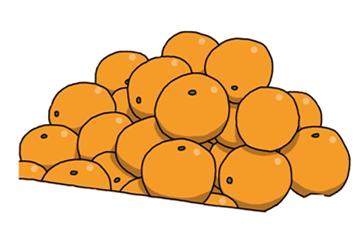
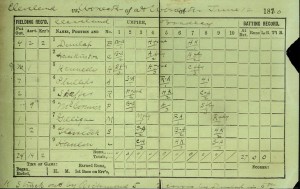


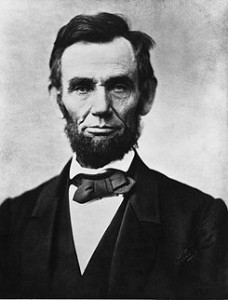
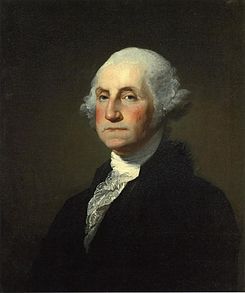
 decision was made to combine the birthday celebrations for our Presidents, so an unofficial holiday developed.
decision was made to combine the birthday celebrations for our Presidents, so an unofficial holiday developed.
